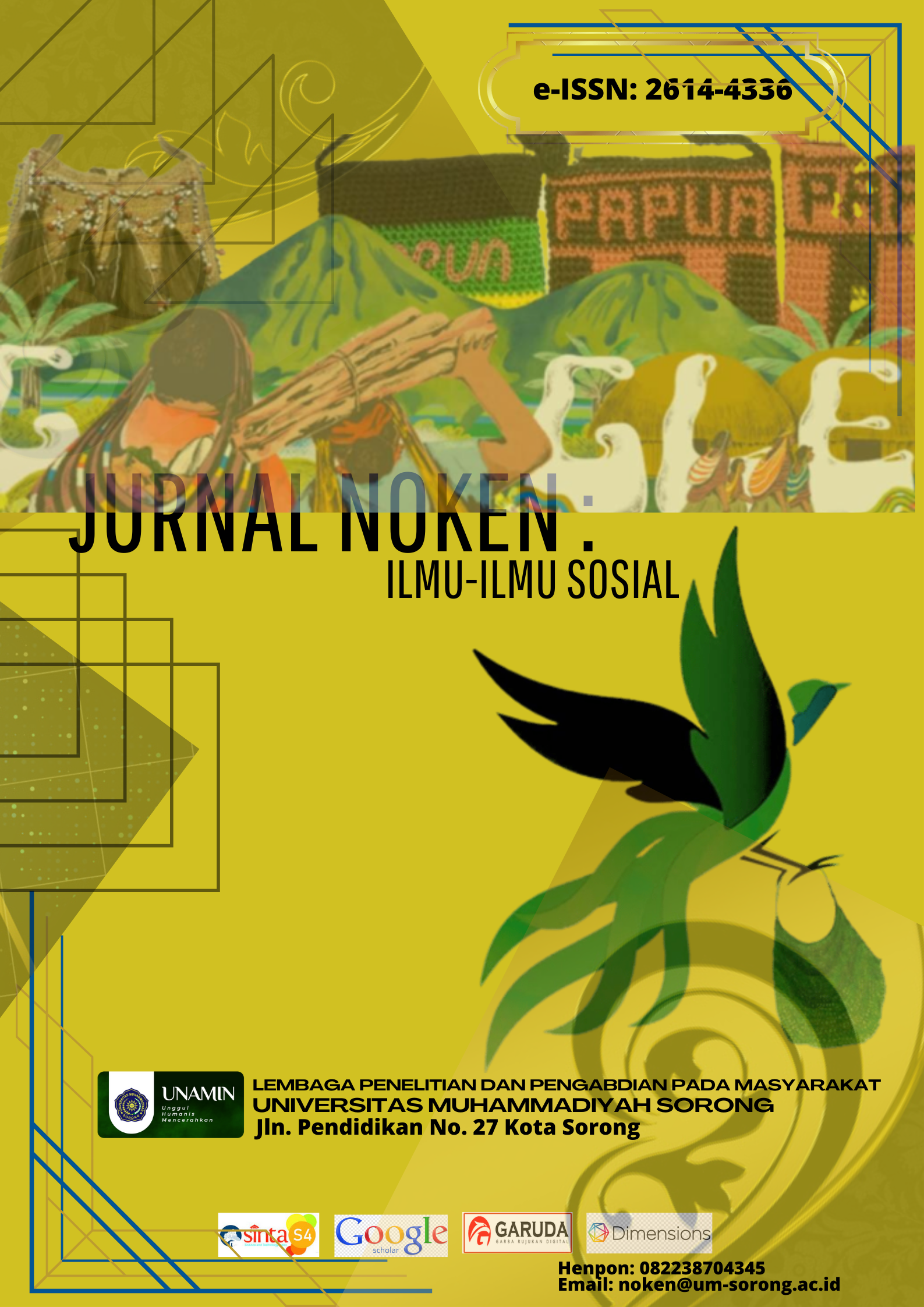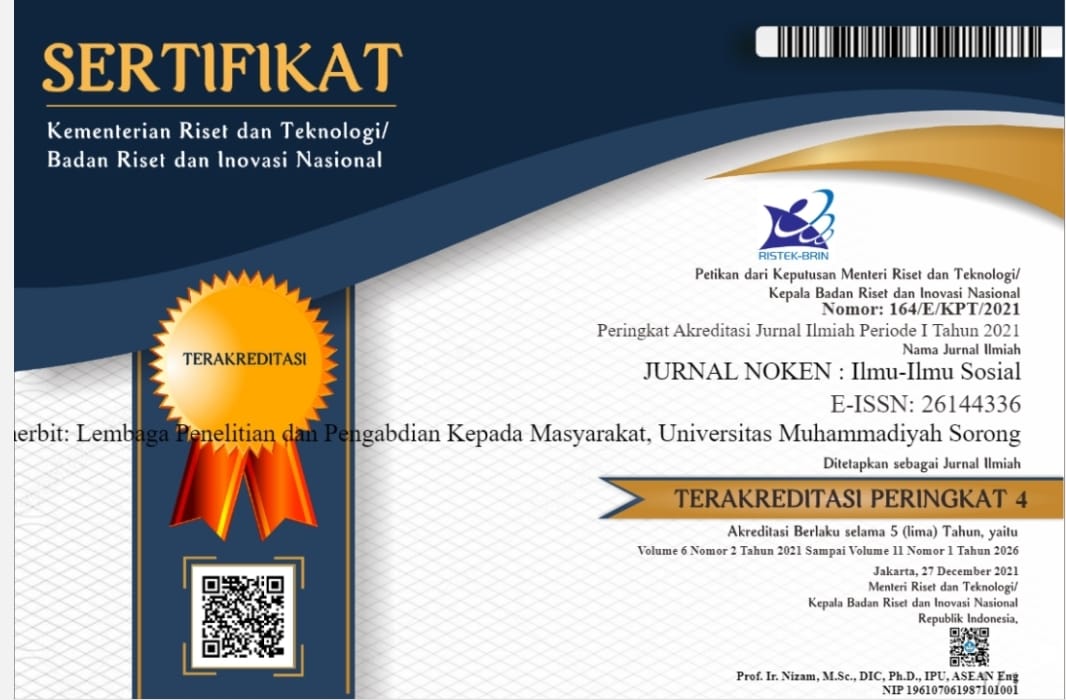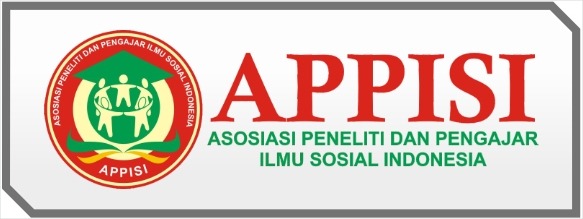Dinamika Perjuangan Suku Kurdi Iraq dalam Memperoleh Status Wilayahnya di Iraq
DOI:
https://doi.org/10.33506/jn.v8i1.1808Keywords:
Kurdi Irak, Konflik, Krisis Irak, Federasi, OtonomiAbstract
The purpose of this study is to explain the dynamics of the Iraqi Kurdish struggle before and after the saddam Hussein era. In this study, the authors explain how the dynamics of the Iraqi Kurdish struggle in obtaining regional autonomy as well as Saddam Hussein's political attitudes and leadership style. Iraq's still-fruitless Kurdish struggle with the crisis Baghdad is experiencing in the frame of a long conflict entering a phase of mutually hurting stalemate has led the two to choose the path of peace negotiations. Although Baghdad's peace treaty deal deal with the Kurds was hampered on the Kirkuk issue, with the phenomenon of the withdrawal of Iraqi troops from the UN protected zone and its migration of Saddam Hussein loyalists from the Territory of Northern Iraq made the opportunity for the Kurds to take over the region so that in 1992 under the shadow of the UN and allies, the KDP and PUK held free elections and established a Kurdistan Regional Government (KRG) for the Arbil region, Dohuk, and Sulaymanya. The KRG also turned the unarmed Peshmerga fighters into a regional defense force that would maintain peace and stability in the region. At this time the Kurds were able to create a safe and stable environment conducive to private and public investment.
References
Adwani, T. Z. S. B. (2018). Tinjauan Yuridis Terhadap Penggunaan Hak Vetyo Amerika Serikat sebagai Anggota Tetap Dewan Keamanan Perserikatan Bangsa-Bangsa, 2(3), 677–688.
BBC News. (2019, October 16). Diperangi Erdogan, tak diakui di Suriah, siapa sesungguhnya bangsa Kurdi? Retrieved from https://www.bbc.com/indonesia/dunia-50068256#:~:text=Bangsa Kurdi merupakan salah satu,mereka tak punya dialek standar
BBCNews. (2003). Profile: Kurdistan Democratic Party (KDP). Retrieved from http://news.bbc.co.uk/2/hi/not_in_website/syndication/monitoring/media_reports/2588073.stm
Blaydes, L. (2018). State of repression_ Iraq under Saddam Hussain. Princeton University Press.
Dulz, I. (2016). The displacement of the Yezidis and the rise of ISIS in Nother Iraq. Kurdish Studies, 4(2), 131–147.
Gray, M. (2010). Revisiting Saddam Hussein’s Political Language : The Sources and Roles of Conspiracy Theories, 32(1), 28–46.
Gunter, M. M. (2011). The Kurds ascending: The evolving solution to the Kurdish problem in Iraq and Turkey. The Kurds Ascending: The Evolving Solution to the Kurdish Problem in Iraq and Turkey, 1–178. https://doi.org/10.1057/9780230338944
Kirmanj, S., & Rafaat, A. (2020). The Kurdish genocide in Iraq : the Security-Anfal. California.
Mahmod, J. (2016). Kurdish Diaspora. new York.
Malcolm, D. (1993). The Postage Stamp : A Window on Saddam Hussein ’ s Iraq, 47(1), 77–89.
McDOWALL, D. (2005). A Modern History Of The Kurds.
Nasrullah, F. (2020). Etnik kurdi iran dan revolusi islam 1979 m, 8311, 1–9. https://doi.org/10.30829/juspi.v4i1.6949
Romano, D. (2006). The Kurdish Nationalist Movement. Cambridge University Press (Vol. 53). Cambridge University Press, New York. Retrieved from www.cambridge.org/9780521850414
Yildiz, K. (2017). The Kurds in Iraq. The Kurds in Iraq. https://doi.org/10.2307/j.ctt18fs45h
Downloads
Published
How to Cite
Issue
Section
License
Copyright (c) 2022 Eriksa Gutama, Surwandono Surwandono, Ali Maksum

This work is licensed under a Creative Commons Attribution-ShareAlike 4.0 International License.










